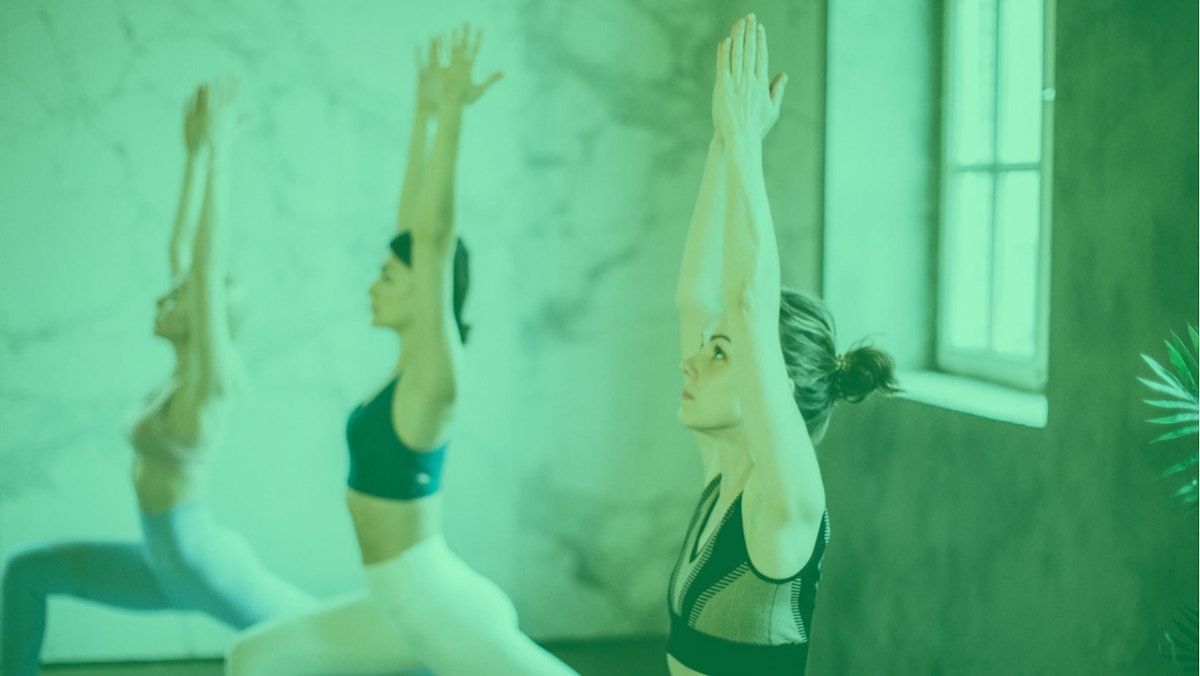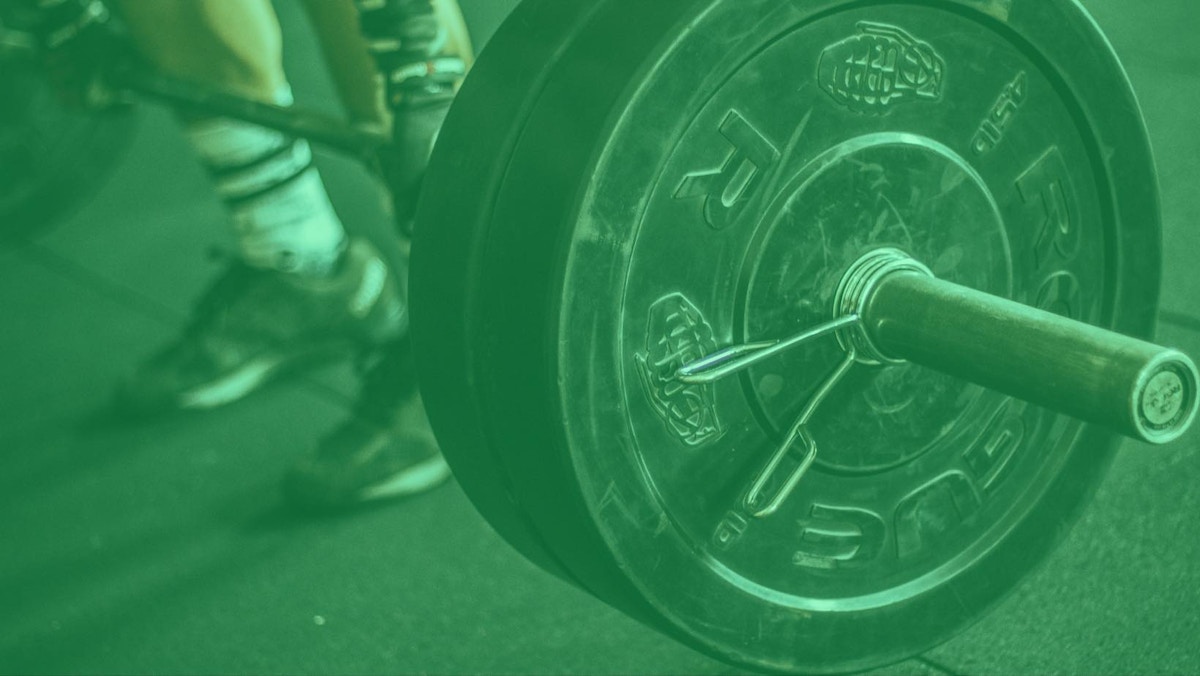I Am Sober is a free app that helps you get some control back in your life.

8 Best Exercises for Recovery
Last Updated: Tue, January 23, 2024Studies show that exercise can help those recovering from alcohol addiction. From preventing relapse to reducing stress, exercises for recovery offer many benefits.
In this article, we’ll explore the best exercises for recovery.
Benefits of Exercises for Recovery
Here are the top benefits of exercises for recovery:
1. Relapse Prevention
Getting regular exercise helps with addiction recovery. Regular movement helps prevent a return to alcoholism.
In fact, the abstinence rate for substance or alcohol use can increase up to 95% through regular exercise. This makes exercises one of the best ways to prevent relapse.
2. Improved Mood
Oftentimes, mood changes can be associated with recovery from addiction. As your body adjusts to its new circumstances, exercise helps it naturally produce feel-good chemicals, which it once artificially sought from drugs.
In particular, exercise helps the brain release endorphins. These hormones provide feelings of happiness and a sense of well-being. According to Mayo Clinic, 30 minutes of daily exercise can help create a positive mood change.
3. Stress Reduction
One particular problem in addiction recovery gets caused by stress. If not properly managed, too much stress can also lead to relapse.
One way to reduce and control stress would be through exercise. Physical activity allows the brain to release feel-good hormones and improve circulation, both of which help reduce stress.
Studies also found that exercise can help manage conditions like depression and anxiety which contribute to substance and alcohol abuse.
Best Exercises for Recovery
Here are the top exercises for recovery:
1. Walking
If you had long-time addiction, you’d likely feel worn down. This happens most especially after detox.
In the beginning, it can be hard to engage in any kind of sport. However, you can start small. Fortunately, a 30-minute stroll greatly helps. You can keep going if you find the walk relaxing.
2. Hiking
You can boost your mood by being one with nature. As a bonus, you get some vitamin D by being under the sun.
Hiking does not need to be serious. It also does not need any special gear. However, you must have a suitable pair of shoes.
Start with easy trails. You can always take a break and enjoy the scenery when you get tired.
Hiking with a purpose also motivates you. If you’re planning to hike, pick a trail that offers a rewarding view to look forward to.

3. Yoga
Yoga and other similar mind-body exercises for recovery help. If you’re looking for less-strenuous alternatives, these types of exercises suit you. Interestingly, these exercises also double as meditation.
There are various types of yoga out there. Choose a practice that appeals more relaxing to you.
4. Swimming
If you want exercises for recovery that won’t cause too much impact on your joints or muscles, choose swimming.
Being in the water can be very soothing. Plus, swimming doesn't mean that you’ll only be doing laps. You can also do freestyle swimming. Joining aqua-aerobics classes can be fun, too.
5. Dancing
Dancing would be a great fit for you if you’re looking for a workout e that does not feel like exercise. Your friends will likely join in on this social activity, too.
Dancing comes in various forms, classes, and types. It ranges from ballet to ballroom, and even to Latin. Therefore, you can try a few types of dances to find one suits you.
6. Team Sports
A lot of people find exercising to be boring. Therefore, joining a team sport can be very motivating. It’s an amazing way to bond with people and build long-lasting friendships. Team sports also help you form meaningful relationships.
You can try famous team sports like football, basketball, rugby, and cricket. You could also opt for a less popular team sport like shinty or frisbee.
7. Weightlifting
Weightlifting can both be extremely beneficial and fun. However, this type of sport should never be undertaken without advice and supervision. It’s because doing weightlifting can potentially harm your tissues.
This type of exercise is great for your joints and muscles. Additionally, weightlifting helps reduce symptoms of depression.

8. Biking
Riding a bike is another great exercise for recovery. Just like hiking, you can be one with nature through biking.
The wind brushing against your skin also helps enhance your mood and reduce stress. Plus, you get to make friends and visit beautiful places without using gas and harming the environment.
Conclusion
Exercise provides benefits that make the journey to sobriety easier. For those who are recovering from addiction, it’s been proven that exercise helps prevent relapse, improve your mood, and reduce stress levels.
If you or your loved one have been trying to recover from alcohol addiction, the exercises for recovery above can help. Combined with healthy lifestyle habits, coping mechanisms, and a sobriety app, exercises pave the way to a sober life.
I Am Sober is a free app that helps you get some control back in your life.




